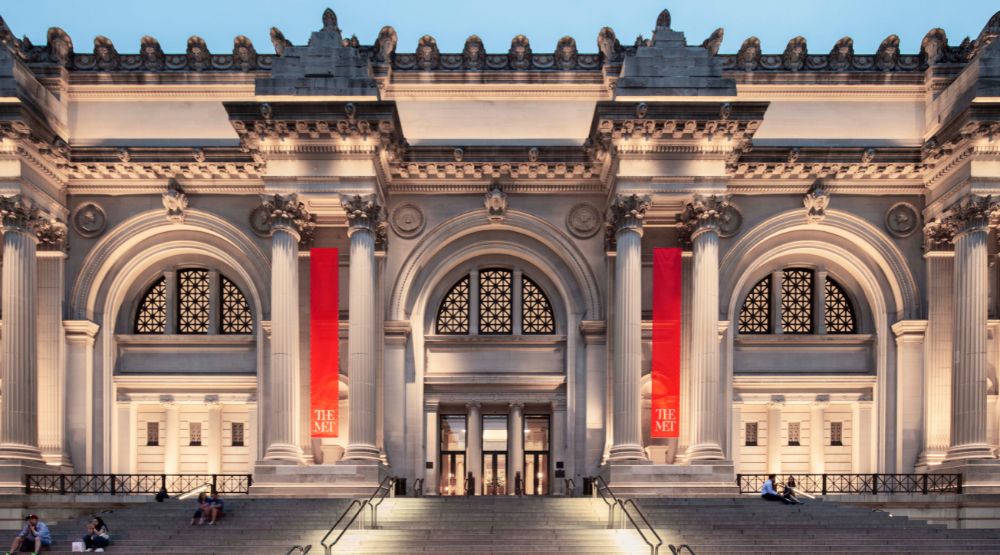NEW YORK — How do you manage 2 million pieces of art from an iconic 150-year-old institution and devise a licensing program that attracts a younger customer?
Home furnishings would be the best and most logical place to start, concluded The Metropolitan Museum of Art, which began revamping its licensing program three years ago, just as the pandemic struck and consumers became more invested in how their homes looked.
Home is part of a three-pillar licensing strategy, rooted in emotional themes: how you look (reflected in new licensed apparel and accessories), how you live (licensed home goods) and how you love (licensed social expressions such as greeting cards and gifting), according to Linda Morgenstern, vice president, brand management at Beanstalk Group, The Met’s licensing agency.
So much of what is on-view in the galleries of The Met are works that people lived with – including furniture, carpets, decorative objects, dishes and the like – so translating these historic artworks into modern designs was a natural next step, said Josh Romm, The Met’s global head of licensing and partnerships.
The New York institution first reached out to the interior design trade and the companies that work with them, according to Morgenstern. Its first home licensee was Ann Gish, for top-of-bed. The roster later expanded to include Eichholtz for furniture and décor, Abner Henry for furniture, Wendover Art for wall décor, Scalamandré for fabric and wall covering, and Caspari for paper tabletop.

The licensees had free rein to wander through 17 curatorial departments at the museum for inspiration. Although some of the pieces in the overall collection are direct reproductions, many — informed and approved by The Met — are interpretive. New pieces debuted in High Point in October; more new products will be highlighted at the spring High Point Market next month. Additional licensees are lined up for launch this fall, according to Romm.
“There is a certain thrill that comes along with seeing how a licensee will draw inspiration from a work of art to create something new,” Romm said. “Ann Gish, our longstanding luxury bedding licensee, does an amazing job of this. (It) has referenced works like Japanese Edo period woodblocks to create unique woven patterns and borrowed motifs from ancient Egyptian jewelry, Minton vases and more.
“With each new collection, they have a unique process of identifying inspiration, and translating it to product with a modern, trend-focused approach that has been hugely successful.”

Reaching new customers
The Met’s retail strategy, according to Morgenstern, is to focus on better/best distribution. For example, Eichholtz has started to open its own galleries, in the Miami Design District among other places, and shop-in-shop concepts at various retailers, all of which include licensed Met products. It is also featured at Harrod’s in London.
“One of the goals of The Met’s licensing program is to extend our reach far beyond the walls of the Museum, and our forays into home goods exemplify that,” said Romm. “Currently, many of our licensed home products are available to the trade through designer showrooms and online. Consumers will be able to shop a broad range of our licensed products on Perigold.com this spring.”
